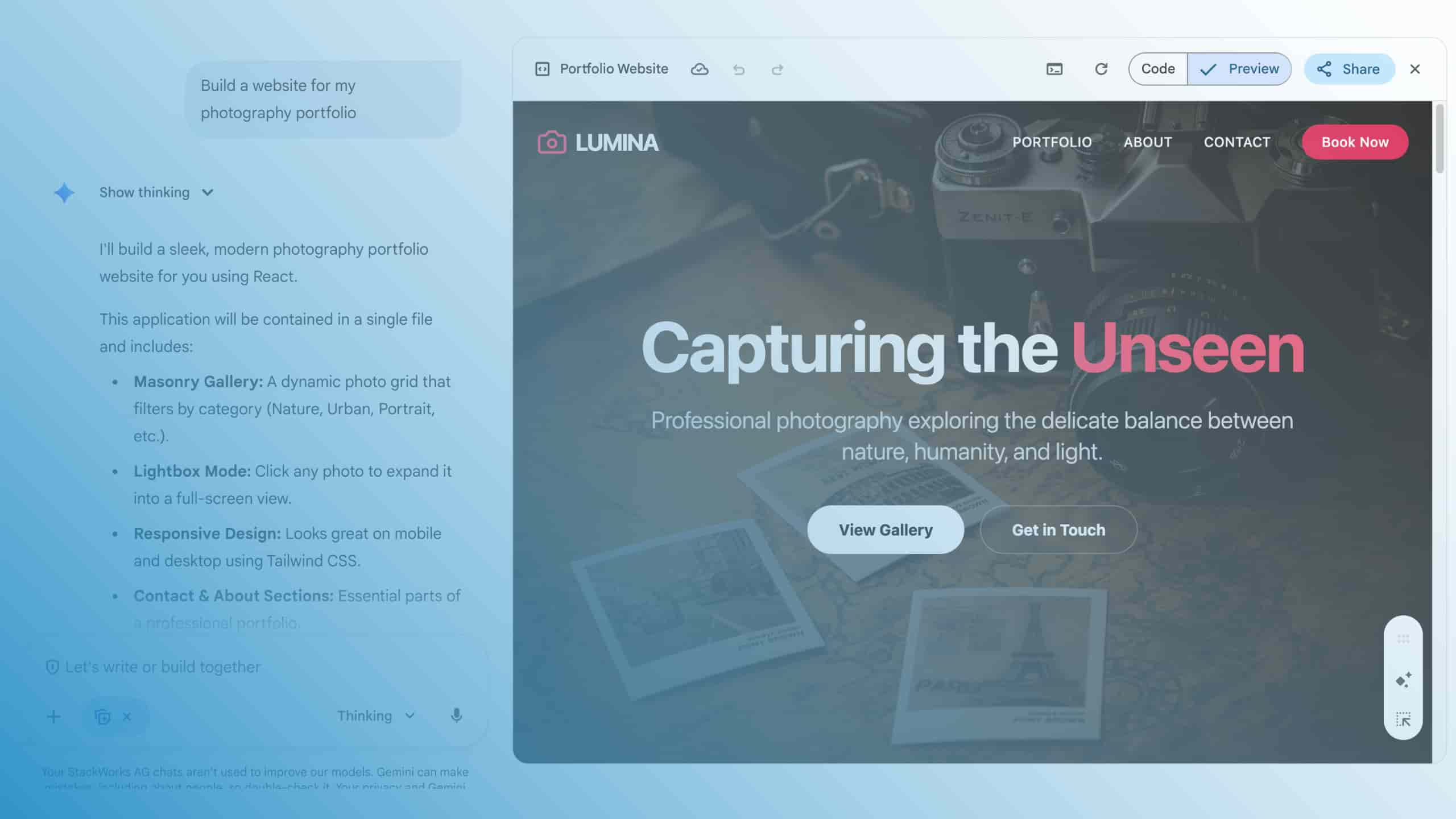"We believe in a hybrid future".

Interview: Hybrid Work in practice
With its capabilities to book as well as manage desks, meeting rooms and other resources, deskbird has developed the eponymous workplace management system for hybrid offices. Founded in 2020 by Ivan Cossu and Jonas Hess, the St. Gallen-based company is growing rapidly. Already, around 500 customers from more than 20 countries are using deskbird. In an interview, Ivan Cossu reveals interesting aspects about the success and about hybrid work.
Ivan, what was your motivation to start a company focused on a workplace management system for hybrid offices, what drives you?
Jonasand I wanted to start a company together and asked ourselves what things will change after the Corona pandemic. The office is one of them. This was one we really wanted to help shape. Others said we were crazy to venture into something like this during a difficult economic time. But it's often a special time when innovations emerge, and in many cases they are ideas that others would advise against. The important thing is to see a crisis as an opportunity.
Your approximately 500 customers include well-known companies such as the Heineken brewery, the automotive supplier Schaeffer and the KFC restaurant chain. By the end of this year, you have set yourself the goal of growing to over 100 employees. What is your recipe for success?
Growth doesn't happen smoothly. If nothing breaks, you're moving too slowly. We scaled quickly. That sounds easier than it is. Because it's important to build processes now for six months from now, even if we don't need them at the moment.
How do you know what you'll need in half a year?
We've brought in people who know - employees who look at it very closely. We are very lucky with our team. Everyone is behind the growth.
deskbird currently consists of more than 60 employees from more than 20 nationalities and works 100 percent hybrid. What does that look like in concrete terms?
Our original state is remote. Remote first shows up in everything. Nonetheless, we believe in a hybrid future. In a natural process, at the request of our employees, our office hubs have been created at the cluster sites in St. Gallen, Munich, Serbia, Romania and Bulgaria. About half of the employees from the respective environment have space there. In addition, many physical meetings take place. Twice a year, we all gather in one place for a summit, sessions and a social program. There are also two team meetings a year. We have driven the meetings because we think that a functioning long distance relationship needs Quality Time. In addition, everyone makes time for their colleagues. As a result, we believe we have a stronger culture than companies that work exclusively in offices.
What do you see as the biggest challenges in hybrid working and how can companies overcome them?
There is a human side and an infrastructure side. The one of infrastructure is the easier one. Companies that have built an on-premises environment need to transition everything so that they can function in a location-independent way. With a good IT partner, this can be accomplished. What is more difficult is to change the human leadership. There are leaders who believe that leadership works by process. In the hybrid world, however, this is not the case. There, leadership by results is needed. Companies need to understand and consciously manage this. For this, they need the commitment of the top level. It's a question of time before that happens on the ground. In ten to 15 years, we will look at things differently, because the young people who are now moving into the top echelons will view the situation differently than their predecessors.
How do you create personal connections with each other in the hybrid working world?
In addition to face-to-face meetings, there are many other things that encompass the virtual world. For example, we have an overcommunication culture. That means we deliberately communicate what's important more often, including in written form. It doesn't always take a meeting. There are random networking meetings that last 15 to 30 minutes. This virtual coffee is very well received, as are other virtual events. Employees are still talking about our online wine tasting with a connected winemaker.
What is your most important tip for hybrid working that you would like to pass on to other companies?
Companies that want to work hybrid successfully need clear commitment from top management. Managers must set an example of the desired behavior. It is also important to communicate it.
You use Google Workspace yourselves. Why and what were the decisive reasons for you?
Since Google is technologically attractive, we have always had a tendency to use Google. We use the entire suite - from Gmail to Calendar and Meet to Drive and Docs.
What is your experience with Google Workspace?
Google Workspace is characterized by a brilliant user experience. It is a productivity booster, collaboration across countries and time zones works very easily. We have nothing to complain about and give it five out of five stars.
deskbird is also integrated with Google. What are the possible uses and benefits for users?
Users can log in to deskbird via Google single sign-on. Important details such as department are synchronized and there is integration with Google Calendar, which users can access directly. Soon, we plan to synchronize more attributes. These include the work location, which Google Workspace users can store in their account.
That sounds great. Can interested parties test deskbird? Do you have any special goodies on offer?
Anyone who wants to can test deskbird free of charge. Normally we offer a period of 14 days. Those who become aware of deskbird during this interview have the opportunity to test our solution for twice as long - including support. To do so, simply enter the keyword "Interview on StackWorks" when registering!






